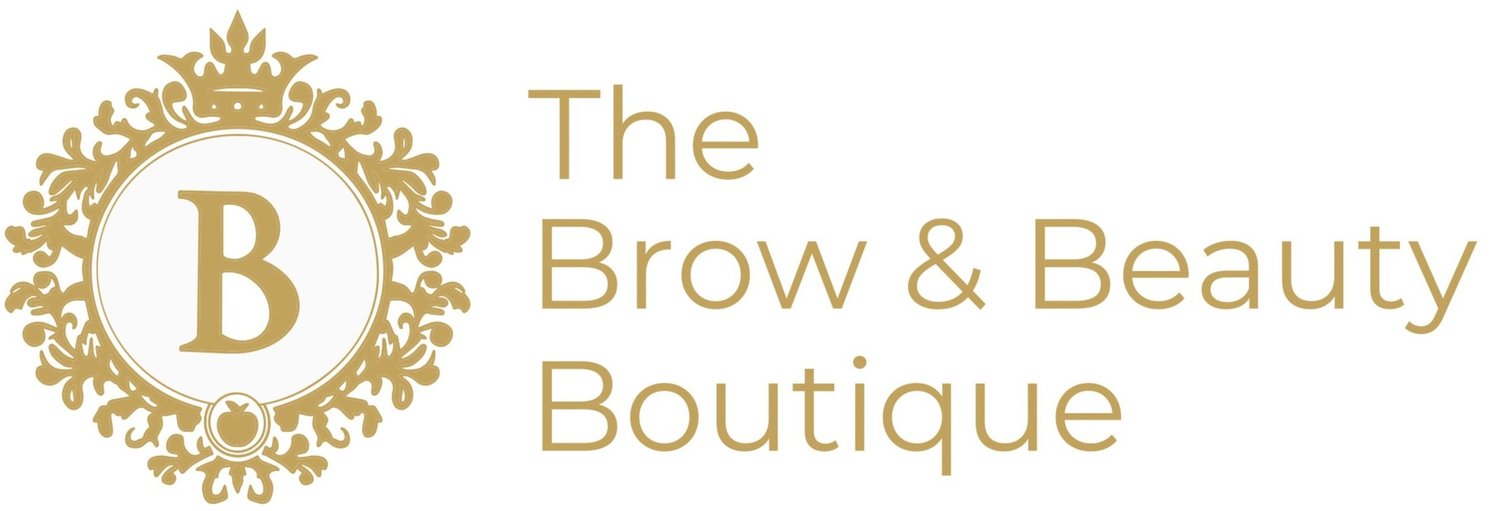The Reset Routine for Hair That’s Been Overwashed, Overtreated, or Overpolished
💬 You Were Just Trying to Take Care of Your Hair—But Now It Feels Worse
You bought the serums.
You followed the tutorials.
You exfoliated. You masked. You misted. You styled.
And now:
Your scalp feels raw or tight
Your hair tangles faster
You’ve got baby hairs that break, not grow
Your texture feels flat and brittle
If you’ve done too many treatments, too quickly, this guide is your gentle restart plan—to help your scalp breathe, your hair bounce back, and your routine find a rhythm again.
🧬 There’s a Difference Between Maintenance and Overmanagement
Hair (and your scalp) need time to respond.
When you overlayer treatments, it causes:
Follicle confusion
Breakage due to conflicting ingredients
Loss of moisture and structure
Texture regression
Here’s how to pull back—without falling apart.
✳️ 1. If You’re Using More Than Three Products Per Day—Pause
More isn’t more.
Your scalp may be reacting to:
Fragrance buildup
Too many active ingredients
Oils clogging follicles
Alcohol-based stylers causing dehydration
📍Start fresh with Skin Management for Anti-Aging—it softens stressed skin around the hairline and resets hydration.
✳️ 2. Your Scalp Might Be Telling You to Stop Touching It
If you’re noticing:
Tingling or burning
Patchy hairline sensitivity
Scalp that flakes AND feels oily
Hair that feels “over-conditioned”
…it’s time to reduce friction.
📍Hairline Regrowth Microneedling can provide professional reactivation once the inflammation settles—no guesswork, no panic.
✳️ 3. Signs You’ve Over-Exfoliated
Dry crown that still feels “greasy”
More shedding after scalp scrubs
Flare-ups of breakouts or red spots
Hair feeling “flatter” after cleansing
📍Hairline Embroidery gives shape and lift when your natural volume needs time to recover without manipulation.
✳️ 4. Emotional Burnout Affects Hair Recovery, Too
It’s not just the products. It’s the pressure.
Hair recovery can become a job—when it should be support.
Signs you’re emotionally burnt out:
You feel nervous brushing
You’re scared to shampoo
You obsess over every strand in the sink
📍Eyebrow Regrowth Booster gives you a small, manageable place to re-engage with your care routine—without spiraling.
✳️ 5. The Goal Isn’t To Do Nothing—It’s To Do Just Enough
You don’t need to abandon your hair.
You just need to let it breathe.
📍Scalp Micropigmentation can add the appearance of density to sparse areas—giving you back visual confidence without relying on styling or products during your recovery phase.
💬 When You’ve Done Too Much, The Answer Isn’t Nothing—It’s Less, Better
You don’t need to quit your care routine.
You just need to stop overwhelming your hair and scalp—and give them the calm rhythm they’ve been asking for.
This two-week plan helps restore elasticity, soothe your scalp, and rebuild your hair’s natural texture.
🌿 The 14-Day Texture & Scalp Reset
✅ Days 1–3: Full Stop
No shampoo, no masks, no new products
Gently mist your scalp in the morning
Finger detangle only
Sleep with your hair loose or in a silk wrap
📍Hairline Embroidery gives you soft structure while your natural texture re-stabilizes.
✅ Days 4–7: Rebuild Barrier & Bounce
Shampoo once using lukewarm water
Skip styling products
Use a single hydrating serum or mist daily
Massage your scalp lightly in the evening
📍Eyebrow Regrowth Booster mirrors this calm rebuild pattern—no excess pressure, just quiet, consistent support.
📍Book your texture check-in if you need help identifying whether breakage or reaction is the issue.
✅ Days 8–14: Anchor & Support Growth
Try a cool rinse midweek without shampoo
Comb gently with a wide-tooth tool
Apply a light oil only on ends (no scalp)
Avoid hot tools and tight styles
📍Lip Embroidery Blush helps rebuild confidence and facial symmetry while your top frame regains health.
📍Need help selecting your next move? Reach out to our care team.
✨ Additional Skin & Scalp Support from La Dermalogique
When overcare leads to barrier fatigue, these services work beneath the surface to bring skin and follicles back into sync.
✅ Marine Spicules Skin Renewal
Best for:
Scalp buildup from too many products
Texture regression after scrubbing
Flaky or greasy zones that won’t normalize
What it does:
Buffs away residue
Revives scalp turnover
Reopens blocked follicle exits
✅ Lymphatic Bojin Tisheng
Best for:
Tension stored in jaw, scalp, or brow
Clients who feel emotionally fatigued from overdoing it
Post-facial or post-treatment swelling
What it does:
Gently clears lymphatic stagnation
Encourages flow without pressure
Helps the whole face and scalp reset its rhythm
✅ Signature Skin Treatment
Best for:
Barrier-depleted skin
Red, dry, or over-reactive scalp zones
Clients who’ve switched routines too often
What it does:
Rebuilds hydration and bounce
Reinforces skin’s ability to “host” new hair
Complements scalp recovery after product overload
📋 After Two Weeks, You Should Feel:
Day 3: Your scalp no longer tingles, flakes, or burns
Day 7: Texture feels more responsive and less “flat”
Day 10: Brushing doesn’t bring panic
Day 14: You trust your rhythm again—and your hair does, too
❓ FAQ
“How do I know if I’ve overtreated my scalp?”
If your scalp feels tight, red, confused, or flaky despite moisture—your barrier may be compromised. A break plus misting is often the fastest way to reset.
“Should I stop using serums altogether?”
Not permanently—just temporarily. Once your scalp feels calm, you can reintroduce one at a time and observe over a week.
“Can I exfoliate my scalp ever again?”
Yes—but no more than once every 2–3 weeks, and never when you’re already shedding, irritated, or flaky. Use professional support like spicules or enzyme-based care instead.
💗 You Haven’t Damaged It Beyond Repair—You Just Need a Restart
Hair recovery isn’t fragile.
It’s flexible—especially when you listen, slow down, and rebuild from the scalp out.
📌 Book your recovery plan consultation
📌 Explore visual support like embroidery services
📌 Or contact our experts to walk through your reset—without overwhelm
Your hair is waiting for you to stop fixing. It’s ready to start healing.




